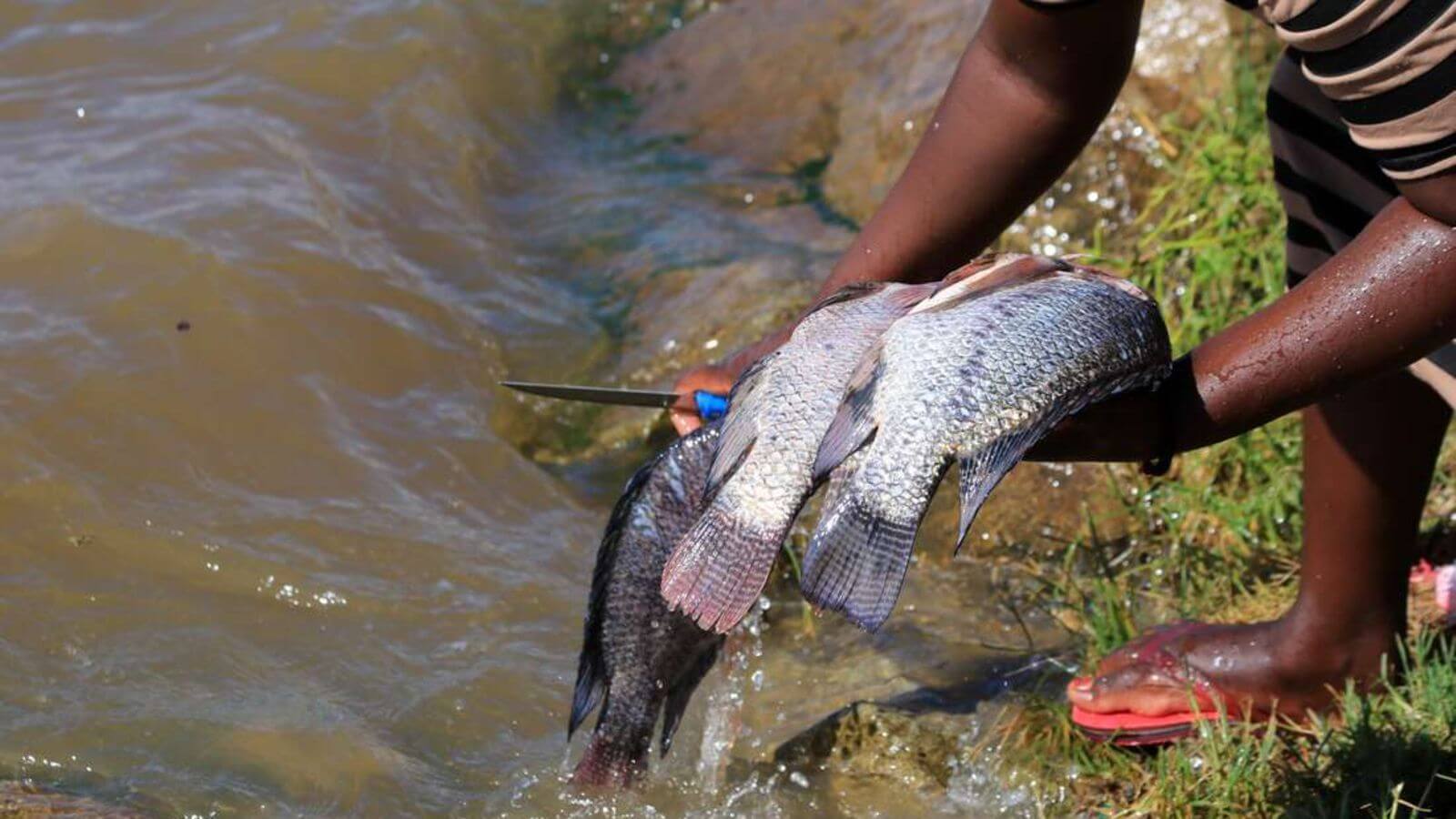
Kenyan Government Vows to Crack down On Illegal Fishing in Lake Nakuru
The government has vowed to crack down on illegal fishing in Lake Nakuru following the deaths of two young men in just two months.
A fishing expedition last weekend turned tragic after a hippopotamus killed a 15-year-old boy. The victim, John Chege, was among other teenagers from the neighbouring Mwariki village who had been fishing, despite a State ban.
The animal attacked him at around 6pm on Saturday. “Chege slid into the waters as he was trying to flee and the hippo caught up with him. It killed him instantly. We could not do anything to help,” said a colleague.
Chege’s mother, Martha Wangari, said she had left her son safely at home, only to be informed by a neighbour that he had been killed.
“I am yet to come to terms with what happened. I left my son safely at home. I didn’t know he had gone fishing at the lake. The government should move swiftly and stop illegal fishing. It is costing lives,” she told the Nation.
Due to the lake’s rising waters, locals have turned Mwariki and Barut areas into fishing grounds.
Fishing expeditions
They have devised ingenious ways of beating the ban with illegal fishing expeditions early in the morning and at night.
Nakuru County Commissioner Erastus Mbui has now issued a stern warning against the practice.
“We have been conducting sensitisation forums in areas neighbouring the lake which include; Barut and Mwariki to discourage locals from engaging in illegal fishing, but it seems all these are falling on deaf ears. We will now move to arrest illegal fishermen around the lake and destroy their fishing gears,” said Mr Mbui.
“We want to tame cases of human-wildlife conflicts among other challenges that can lead to loss of lives” he added.
The lake hosts the world’s renowned Lake Nakuru National Park, which is home to wildlife including; lions, gazelles, baboons, rhinos, zebras, buffaloes and the leopard, among other animals.
Lake Nakuru National Park also serves as a sanctuary for endangered black and white rhinos.
Last month, a 19-year-old man drowned in Baruti area on the shores of the lake. His aunt, Hanifa Kimori, said the accident occurred as the fishermen were returning from their expedition at Mwariki area on the lake’s eastern shores.
The Kenya Wildlife Service (KWS) has warned that more lives could be lost if the matter remains unchecked.
“KWS is concerned about these illegal activities and we call upon other State agencies to partner with us to end this menace. It has been declared illegal and we can’t continue tolerating the vice,” said Central Rift regional conservation coordinator Dickson Ritan.
The Kenya Marine and Fisheries Research Institute (Kemfri) had earlier warned about the presence of toxic substances in the fish.
Former Agriculture Chief Administrative Secretary Linah Jebii Kilimo said research conducted on samples of the fish indicated the presence of chemical elements that may be poisonous.
Jebii’s sentiments came on the backdrop of a booming fish business in the lake following an upsurge in the freshwater fish species.
Hundreds of Mwariki residents have ventured into the fish business after they were left homeless due to the rising water levels.

